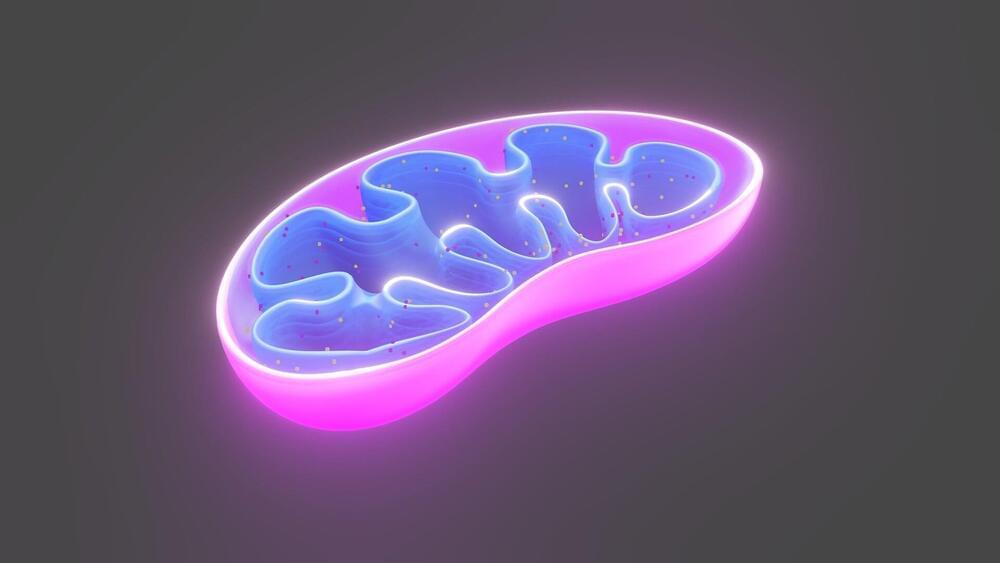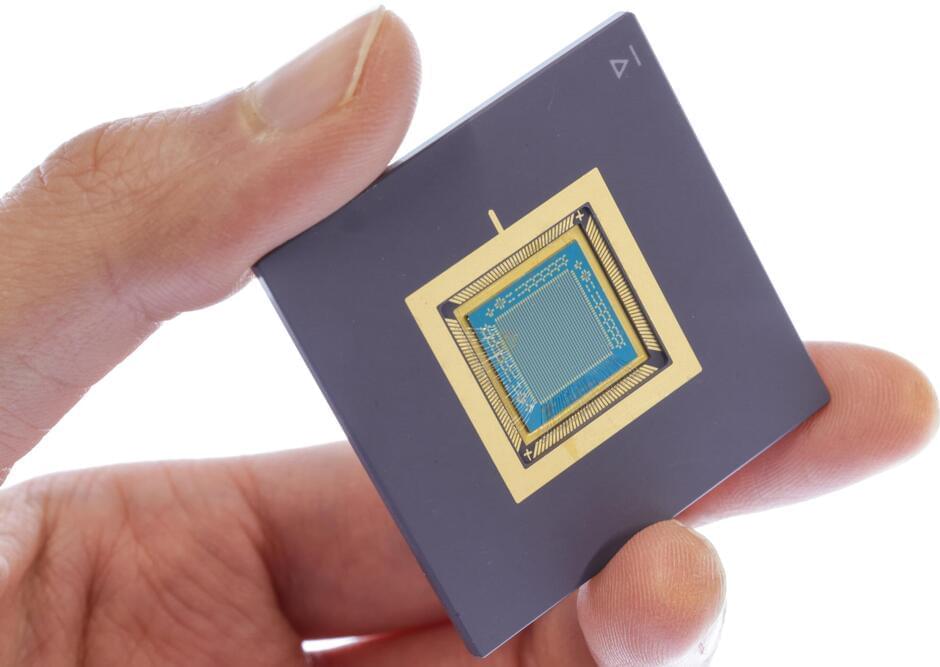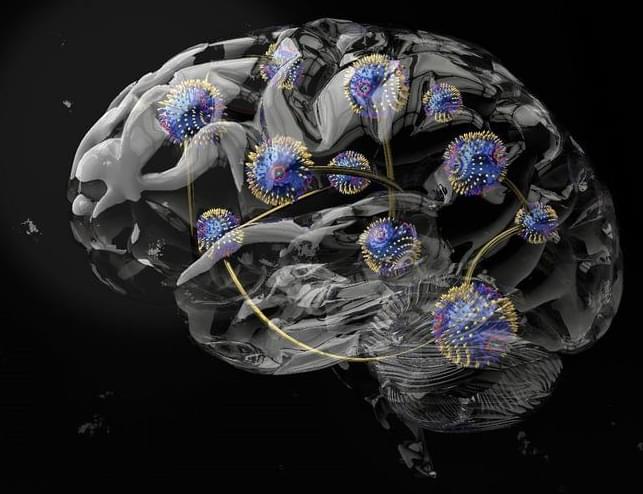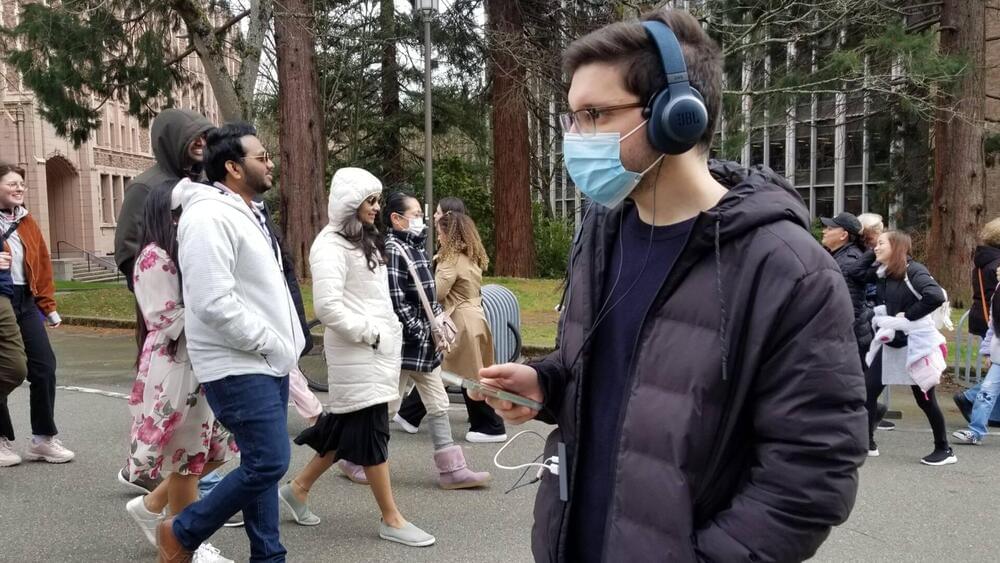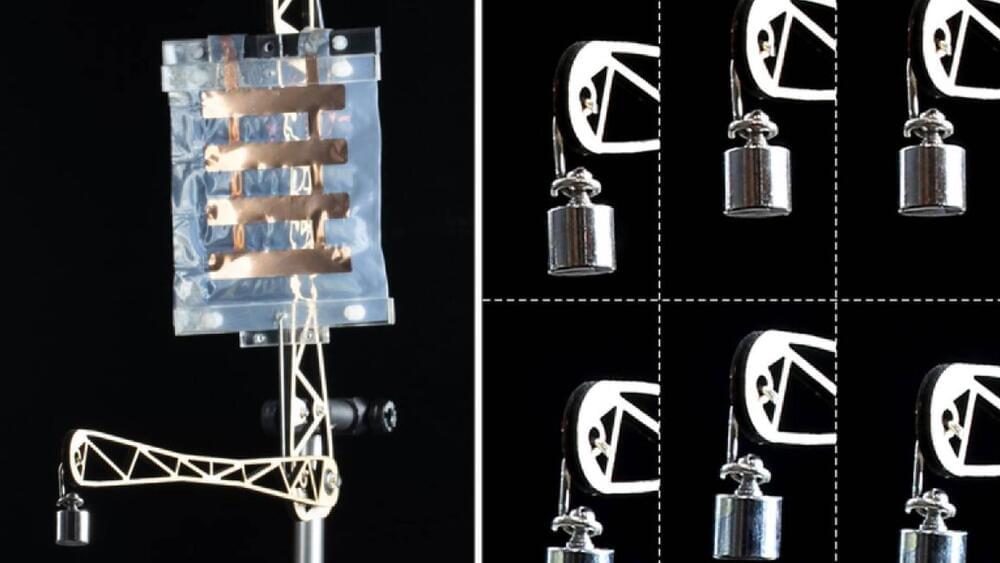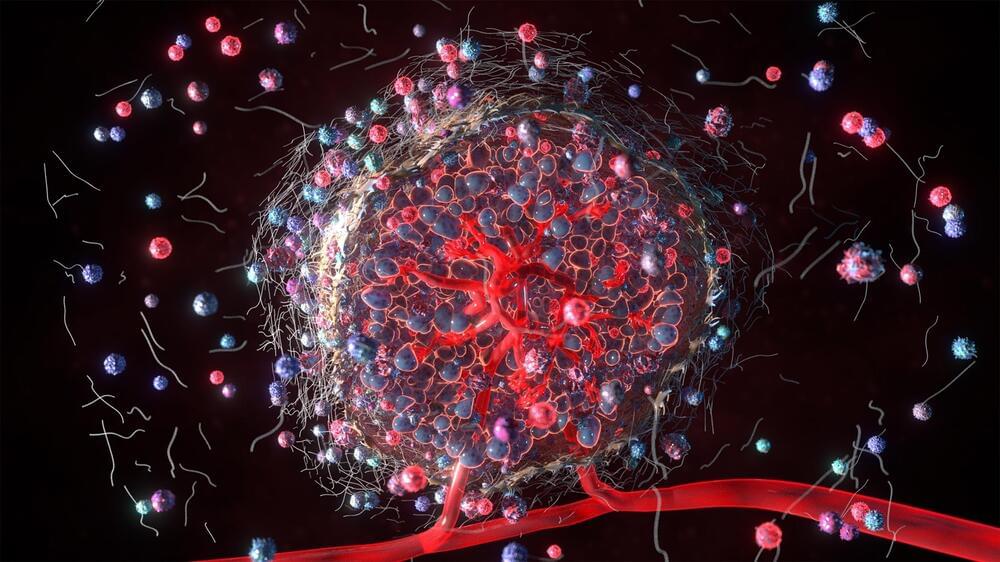Having healthy mitochondria, the organelles that produce energy in all our cells, usually portends a long healthy life whether in humans or in C. elegans, a tiny, short-lived nematode worm often used to study the aging process.
Researchers at the Buck Institute have identified a new drug-like molecule that keeps mitochondria healthy via mitophagy, a process that removes and recycles damaged mitochondria in multicellular organisms. The compound, dubbed MIC, is a natural compound that extended lifespan in C. elegans, ameliorated pathology in neurodegenerative disease models of C. elegans, and improved mitochondrial function in mouse muscle cells. Results are published in the November 13, 2023, edition of Nature Aging.
Defective mitophagy is implicated in many age-related diseases. It’s tied to neurodegenerative disorders such as Parkinson’s and Alzheimer’s; it plays a role in cardiovascular diseases including heart failure; it influences metabolic disorders including obesity and type 2 diabetes; it is implicated in muscle wasting and sarcopenia and has a complex relationship with cancer progression.
